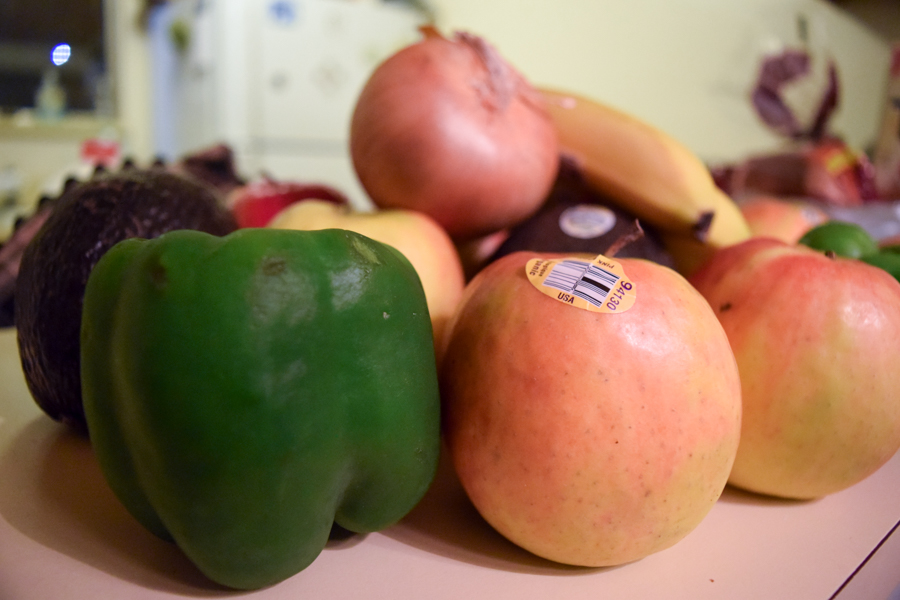
UC Davis partners with African Orphan Crops Consortium to sequence genomes of 101 indigenous African foods
UC Davis, in partnership with the African Orphan Crops Consortium, is working to improve the indigenous crops of Africa in order to eradicate stunting, a medical condition resulting from malnutrition and chronic hunger.
The African Orphan Crops Consortium was launched in 2012 by Dr. Howard-Yana Shapiro, a senior fellow at UC Davis College of Agricultural and Environmental Sciences and chief agricultural officer at Mars, Incorporated, who took on the task of sequencing the genomes of 101 indigenous African foods in order to help plant breeders improve these foods’ nutritional content, productivity and resiliency.
“We were told, in order to have any impact on nutrition, we would need to improve at least 100 crops,” Shapiro said in a press release. “In the end, we went with 101 crops, including the baobab tree, which can survive even the worst drought. You can eat its leaves, which are actually quite tasty.”
The consortium brings together Mars, Inc., UC Davis and many other researchers, industry groups and policymakers to contribute their support. One of the groups involved is the UC Davis Plant Breeding Academy, whose aim is to teach Africa’s top breeders the latest breeding strategies.
“UC Davis is responsible for delivering its advanced professional development program, the Plant Breeding Academy, aimed at training the top active plant breeders in Africa in the application of the latest technologies, statistics and breeding strategies,” said Dr. Allen Van Deynze, a professional researcher in the UC Davis Department of Plant Sciences and a founding member of the consortium, in an email interview. “This includes the application of genomics to breeding, quantitative genetics, selection theory, seed science and management.”
When the genomes of the chosen crops are sequenced, breeders will be able to hone in on genes that influence certain traits — such as disease resistance, nutrition content and flavor — and select for desired genes at the seedling or seed stage.
The consortium is focusing on these “orphan” crops because they are vital to African livelihood and nutrition. But, these crops have mostly been neglected by science and seed companies because they are not traded internationally like wheat and corn.
“[The project] has a much better chance of success, because it focuses on species that are already adapted to the continent’s climates, environments and cultures,” said Dr. Iago Hale, who received a Ph.D. in horticulture and agronomy from UC Davis in 2011 and also teaches at the UC Davis Plant Breeding Academy in Africa. “The project focuses on the food people eat, not the food we think they should eat, from a global commodity perspective. I believe we will look back in a generation and understand this was the beginning of a new era in human well-being.”
Once these crops are sequenced, all the information will be made available for free online — as long as it is not patented — so that people can build on each other’s research.
While UC Davis continues to help train the top active plant breeders in Africa, they do not plan to stay in charge of the project forever.
“This project is about enabling Africans to curb stunting due to malnutrition and chronic hunger,” Van Deynze said. “Like many of our projects, it is about working with the top people and institutions in the world dedicated to making this happen […] Our goal is to replace ourselves with African plant breeders, scientists and instructors. This is already happening.”
According to Van Deynze, the researchers expect to complete the project in three years.
Written by: Jennifer Puza – campus@theaggie.org








